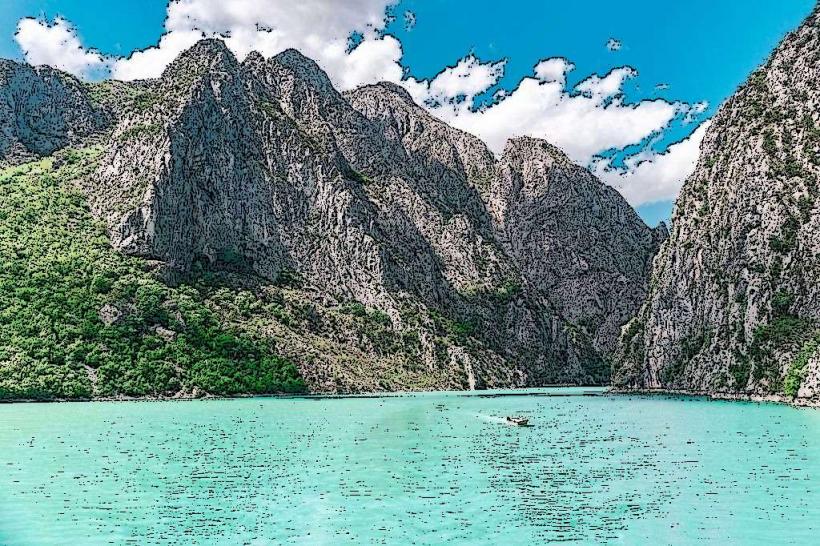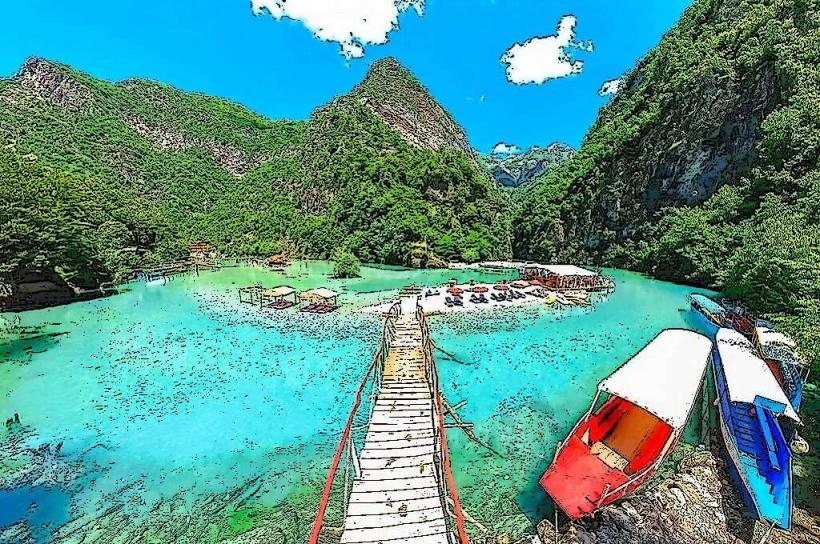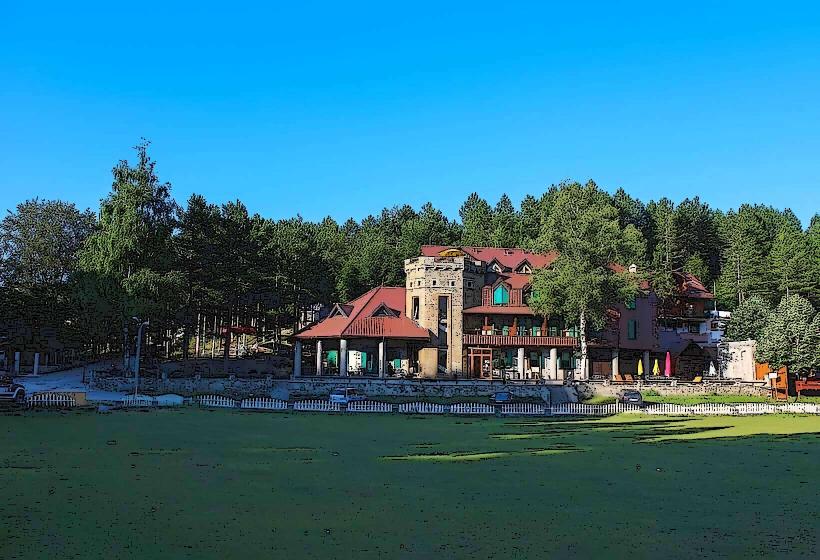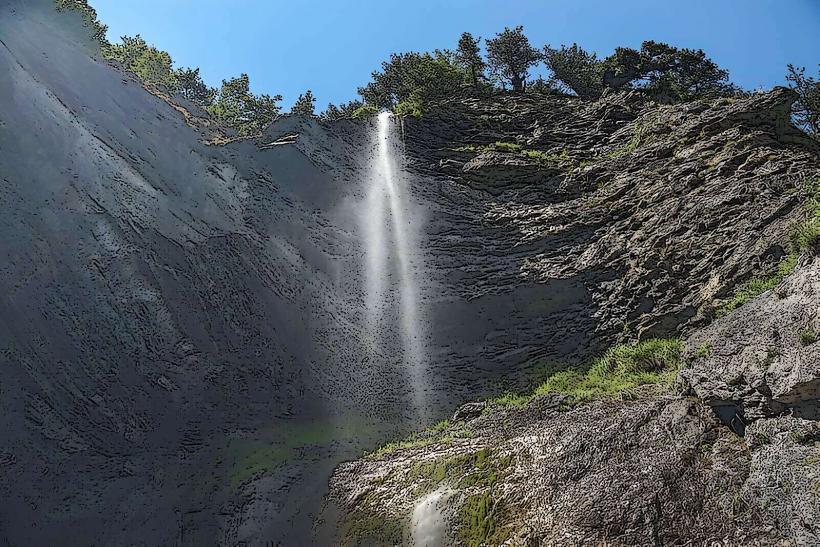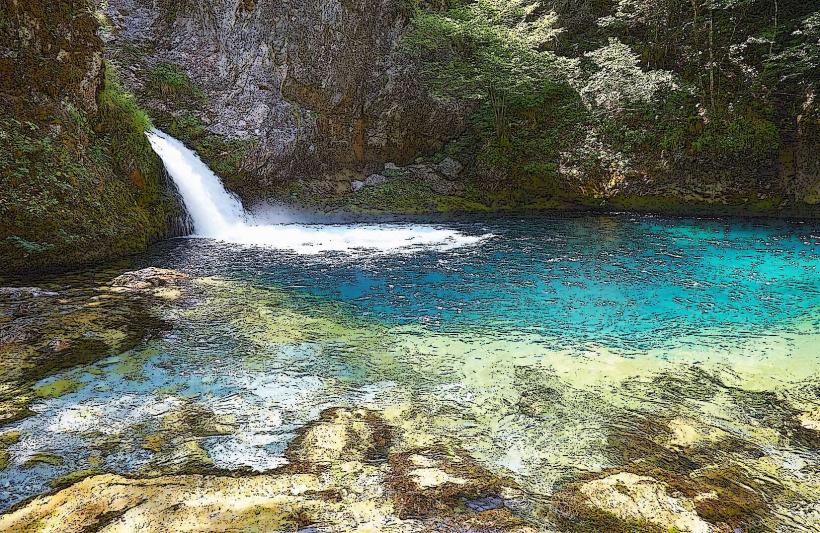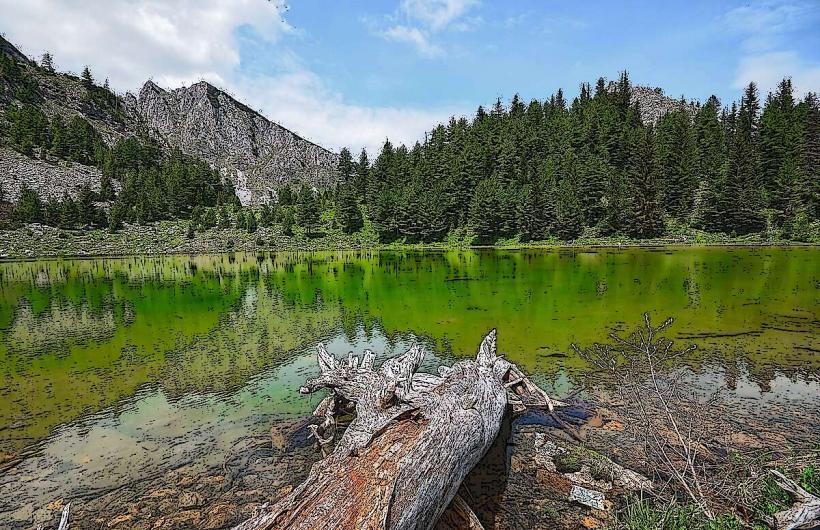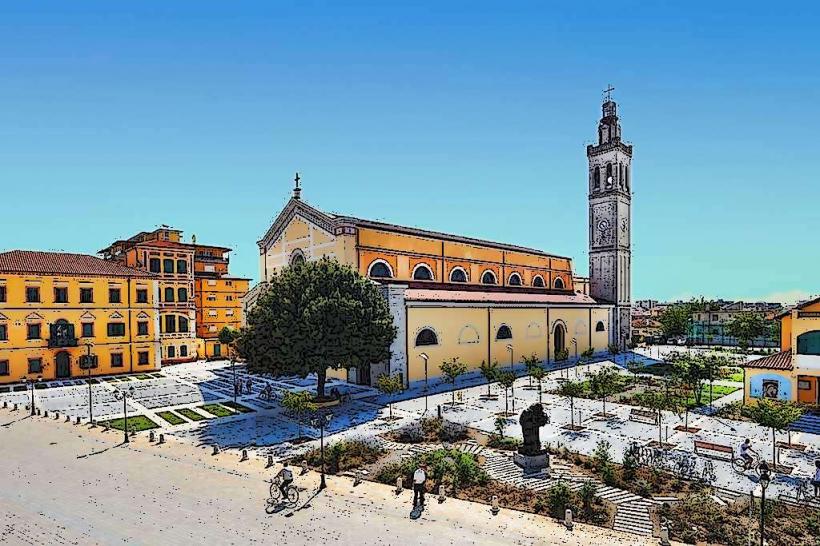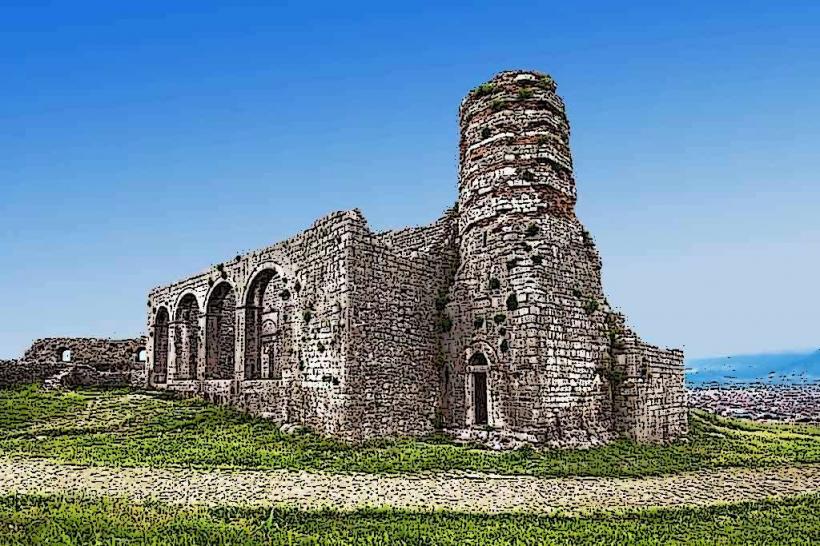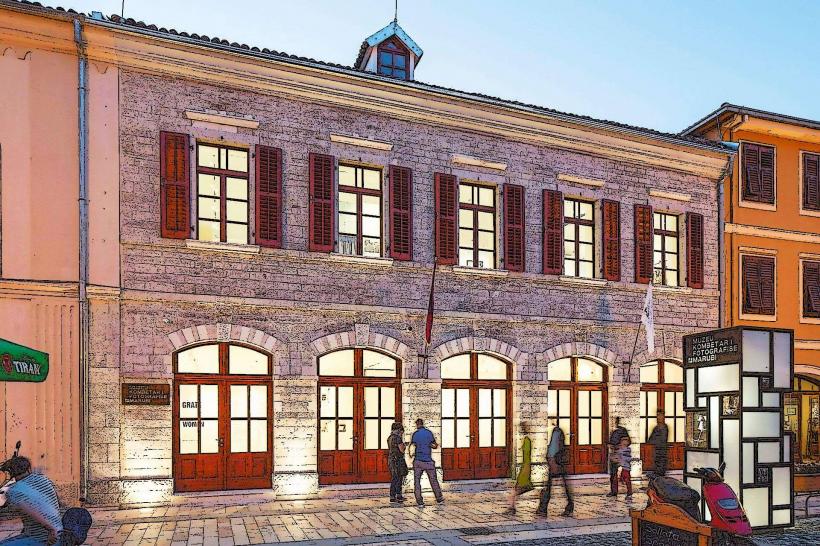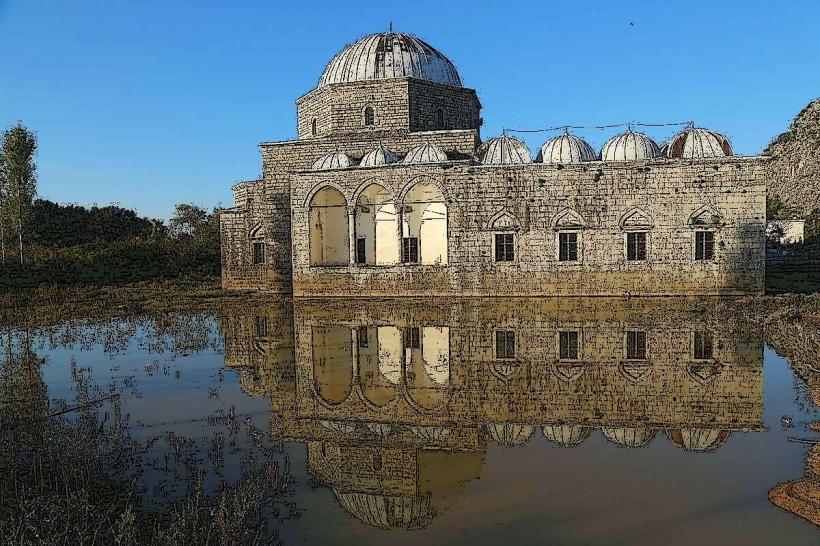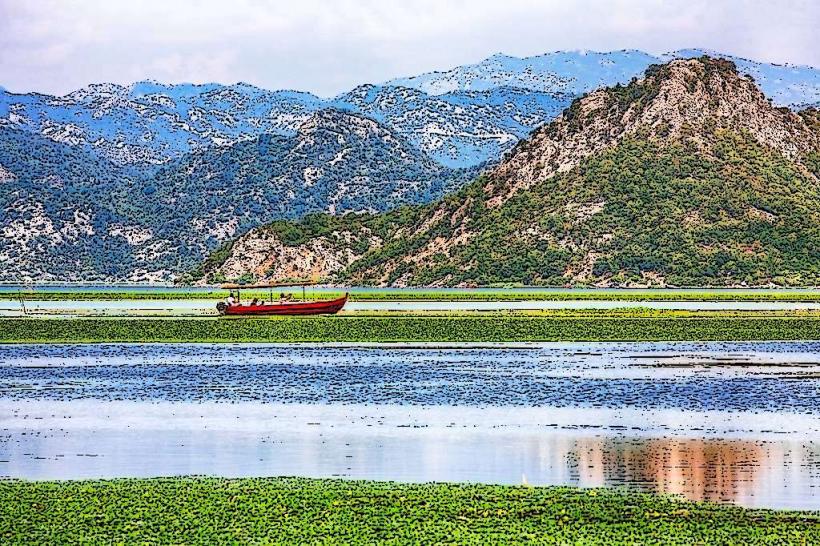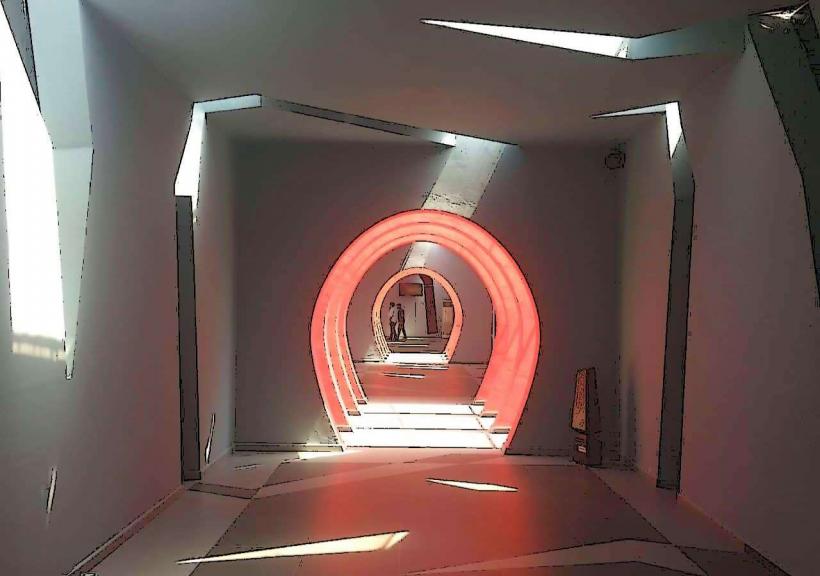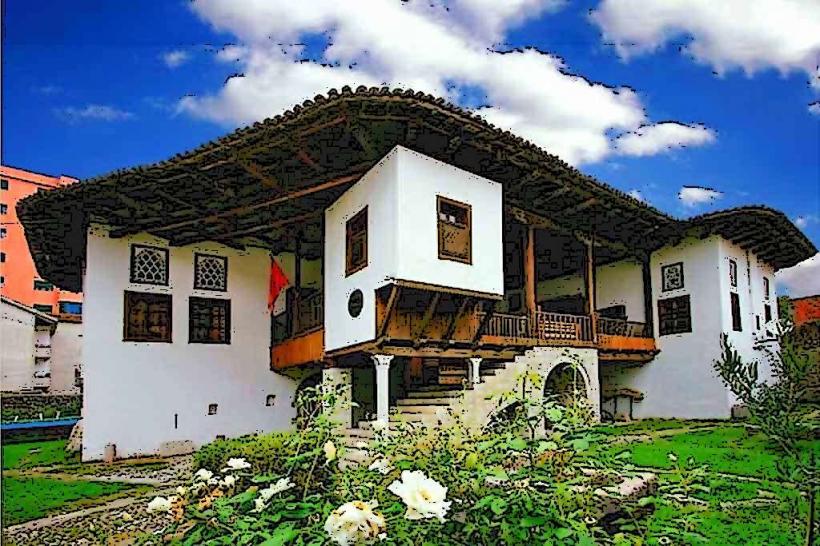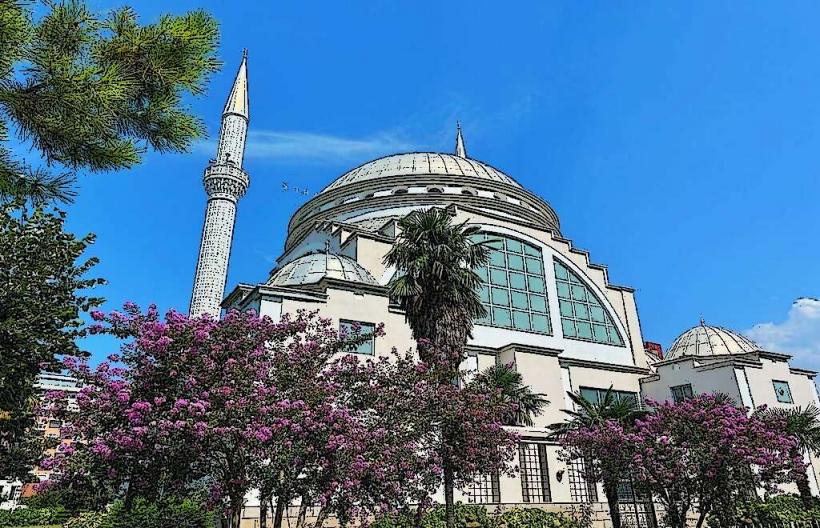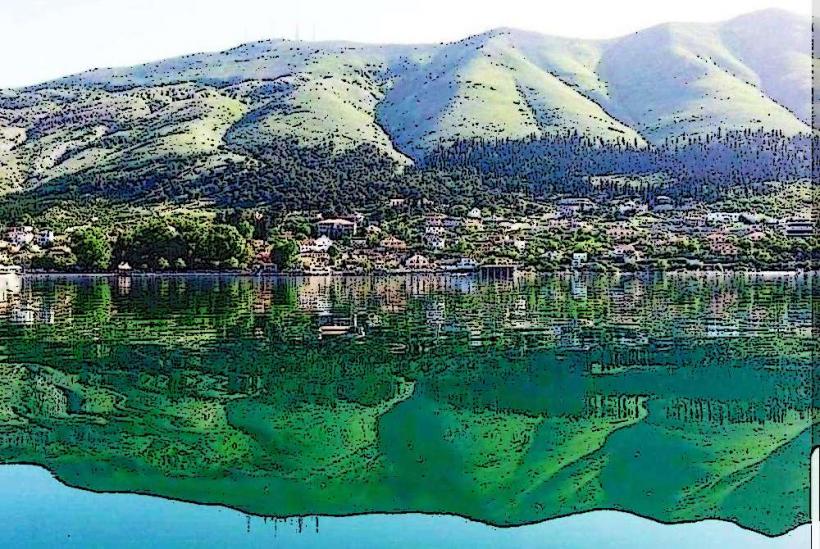Information
Landmark: Mesi BridgeCity: Shkoder
Country: Albania
Continent: Europe
The Mesi Bridge (Ura e Mesit) is a stunning example of Ottoman-era engineering and one of Albania’s most well-preserved stone bridges. Located near the city of Shkodër, it spans the Kiri River and serves as both a functional structure and a historical monument. Its picturesque setting and architectural elegance make it a popular attraction for history enthusiasts, photographers, and nature lovers.
Historical Background
Construction
- The bridge was built in 1770 by Kara Mahmud Bushati, a powerful leader of the Bushati family, which ruled northern Albania during the Ottoman period.
- It was part of a broader infrastructure project designed to connect Shkodër with the Drin Valley and beyond, facilitating trade and travel.
Name Origin
- The name Mesi translates to “middle,” referring to its location at a midpoint between Shkodër and nearby villages.
Role in Regional Connectivity
- The bridge played a crucial role in linking coastal regions with inland areas, promoting economic and cultural exchanges during the Ottoman period.
Architectural Features
Design
- The Mesi Bridge is a classic example of Ottoman stone arch bridge construction.
- It features 13 arches of varying sizes, creating a visually striking and functional design that allows for efficient water flow.
Main Arch
- The central arch is the largest, with a span of approximately 22 meters (72 feet) and a height of around 12 meters (39 feet). This arch is the bridge's most impressive feature, showcasing the engineering skill of the time.
Materials
- Constructed from locally sourced stone, the bridge harmonizes with its natural surroundings while demonstrating the durability of Ottoman construction methods.
Length
- The bridge spans approximately 108 meters (354 feet), making it one of the longest Ottoman bridges in the region.
Adaptability
- The varying arch sizes reflect careful adaptation to the river’s topography, ensuring stability and resilience against floods.
Cultural and Historical Significance
Ottoman Legacy
- The Mesi Bridge is an enduring symbol of Ottoman engineering and architectural influence in Albania.
- It highlights the importance of infrastructure in maintaining the vast Ottoman Empire.
Local Heritage
- The bridge is a source of pride for the local community and is often featured in Albanian cultural and historical narratives.
Protected Monument
- It has been designated as a Cultural Monument of Albania, ensuring its preservation as a historical site.
Tourism and Activities
Visiting the Bridge
- The Mesi Bridge is located about 8 kilometers (5 miles) northeast of Shkodër, easily accessible by car or bike.
- The area is free to explore, making it an affordable and rewarding destination.
Photography
- The bridge’s elegant arches and natural surroundings create a picturesque scene, especially during sunrise or sunset.
Hiking and Nature
- The Kiri River valley offers excellent opportunities for hiking, picnicking, and exploring the beautiful landscapes.
Nearby Attractions
- Combine your visit with other landmarks in the region, such as:
- Rozafa Castle
- Lake Shkodër
- Lead Mosque
Preservation Challenges
Flooding
- The bridge has faced periodic flooding from the Kiri River, which has threatened its structural integrity over the years.
Tourism Impact
- Increased foot traffic and lack of formal maintenance have highlighted the need for preservation efforts.
Why Visit the Mesi Bridge?
The Mesi Bridge is more than just a historical structure; it’s a gateway to Albania’s rich past and a testament to the ingenuity of Ottoman-era engineering. Its scenic beauty, combined with its historical significance, makes it an unmissable destination for travelers exploring the Shkodër region. Whether you’re interested in history, photography, or simply soaking in the tranquil surroundings, the Mesi Bridge offers a memorable experience.

